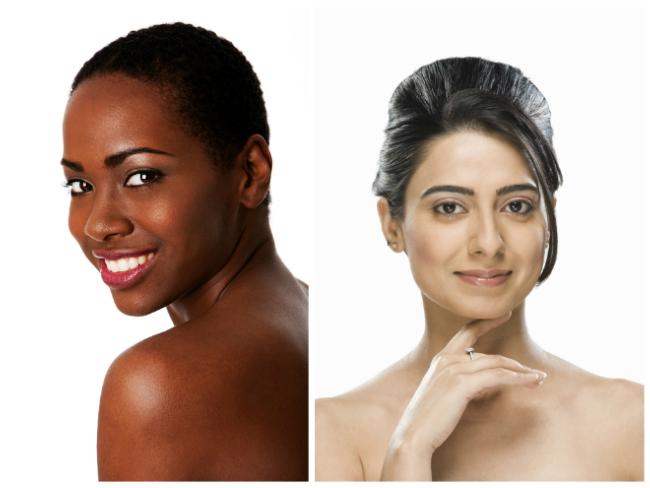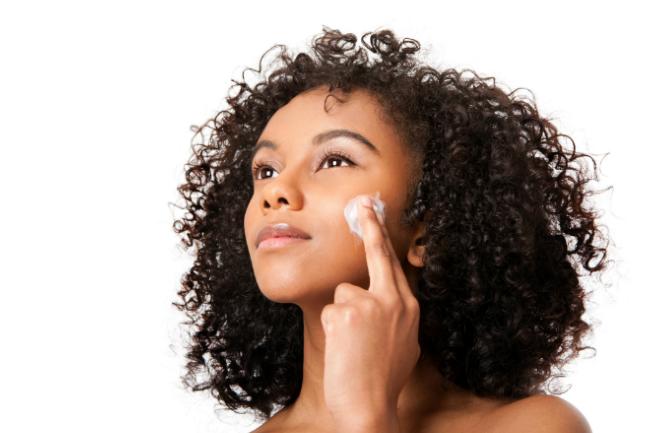The value of multiculturalism
Mia Mackman, founder and president of the Arizona Spa & Wellness Association, on why embracing multiculturalism benefits both the industry and consumers
In 1995, the spa industry was still in its infancy and I was working with a team of 26 at a high-profile spa and salon in Boston, Massachusetts.
The team was comprised of people from around the world who collectively spoke 18 different languages. Each person specialised and excelled in particular modalities and techniques.
I witnessed the value and success of building a team of talented, diverse and adaptable individuals from different countries and cultures.
No matter who walked through the door, someone spoke their language, understood their aesthetic needs, and had the skills to serve them without hesitation. This was a remarkable learning experience.
Today, as client diversity grows in step with an increasingly multicultural global demographic, there is greater awareness among consumers of specialised treatments for ethnic skin. However, the demand for personalised treatments for ethnic skin is often still not being met, which makes this rapidly evolving segment one that warrants our attention.

Expanding your market
Skincare is not a one-formula-fits-all commodity and it’s important for spa and beauty professionals to be able to tailor treatments to the diverse skin types and needs of today’s global consumers. Ethnic skincare ought not be considered a niche market. It’s not only important for the growth of our industry; it’s a largely untapped market segment with lucrative revenue possibilities.
Linda Harding-Bond, corporate trainer for Six Senses spas and an authority on ethnic skincare, says: "In today’s climate it’s important for spa directors to recognise that cultural diversity and education on a wider range of skin types [are among the factors that] will differentiate one spa from another. Clients always spend their money where they get the best bang for their buck.”
Recognising the unique characteristics of ethnic skin goes much deeper than simply identifying oily, normal or dry skin types. Caring for African, Asian, Hispanic and biracial skin types requires an industry-wide increase in information and education. To achieve this, we need to establish new benchmarks and create enhanced training programmes that develop these critical facets of skincare.
Having the knowledge and confidence to know which products and treatments to use to treat conditions such as hyperpigmentation and rosacea in clients with ethnic skin and to recommend the right skincare for all skin types and colours speaks volumes about the expertise of your team.
It reassures customers that you can provide the best services available, thereby adding value, building loyalty and enhancing referrals and retention rates. Boosting the quality and scope of the services you offer in this way therefore makes your spa more competitive – a win-win situation both for your business and your clients.

Embracing individuality
Leading consumer beauty brand L’Oréal demonstrates that having a multicultural team, and drawing on the different strengths and knowledge base these team members have, can make a drastic difference to the success of a business.
An article by Hae-Jung Hong and Yves Doz in the Harvard Business Review last year highlighted the fact that in 2012, the company’s sales “grew in the Asia Pacific region by 18.4% and in Africa and the Middle East by 17.6%, without significant acquisitions.” The authors attribute this success largely to L’Oréal’s policy of employing people from a wide range of different cultures and backgrounds, particularly within new product development.
As biotechnology and genetic science continue to rapidly advance the evolution of skincare, we are poised to see a significant progression towards more personalised products. In a social climate where we are often discouraged from validating our differences based on race or colour, ignoring the nuances of different skincare demands will not serve us as an industry.
As products and treatments become more and more specific and targeted to the needs of the individual, we, as professionals, have a wonderful opportunity to apply our insight and expertise to all types of skin.
However, in order to achieve this, it’s important for the spa and beauty industry to work closely with educators, to advance training in this market segment. Doing so is not just a rewarding way to promote multiculturalism, it’s a powerful way to cater more effectively to your clients’ needs and show that you understand and appreciate their requirements and differences.
https://azspawell.com
Twitter: @MiaMackman

